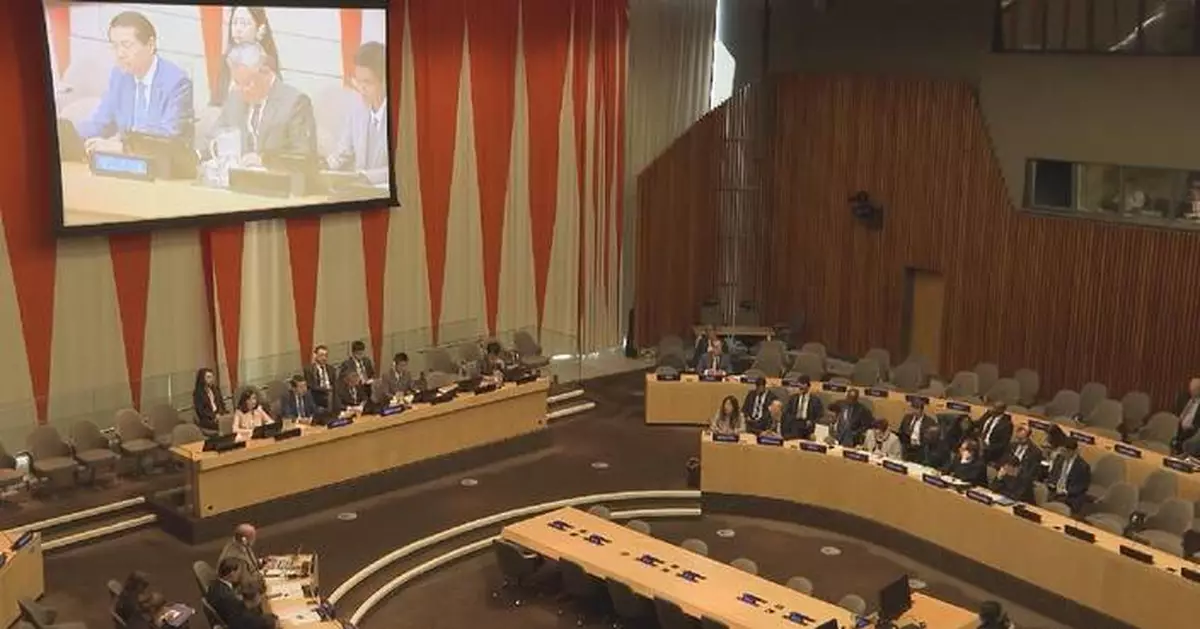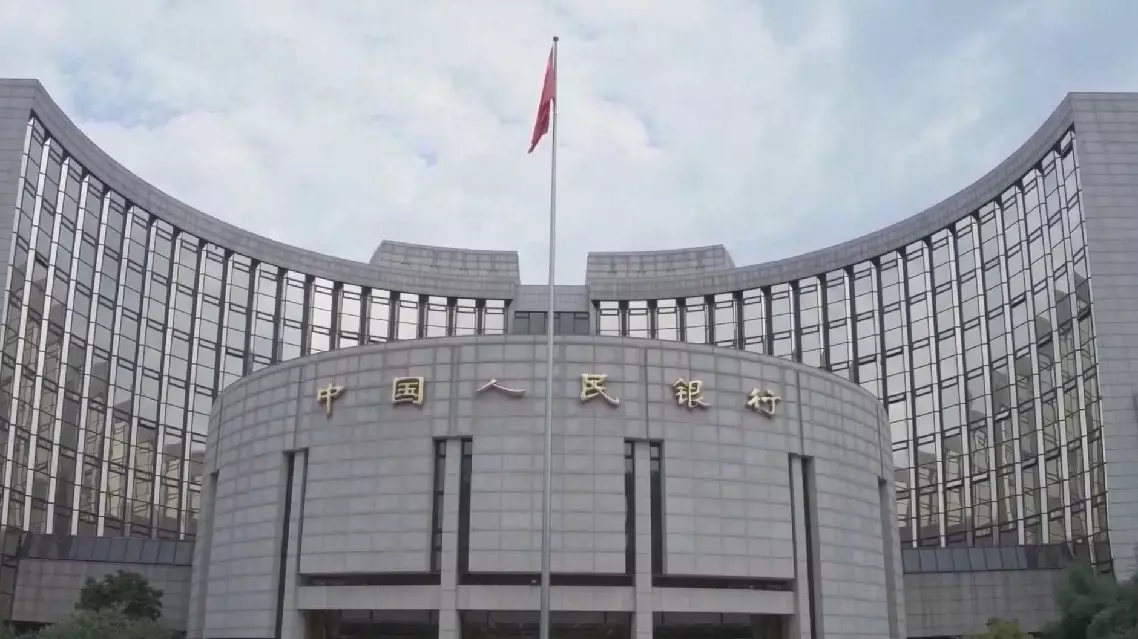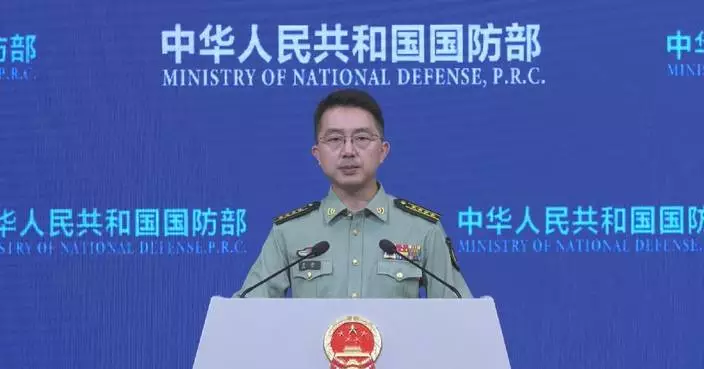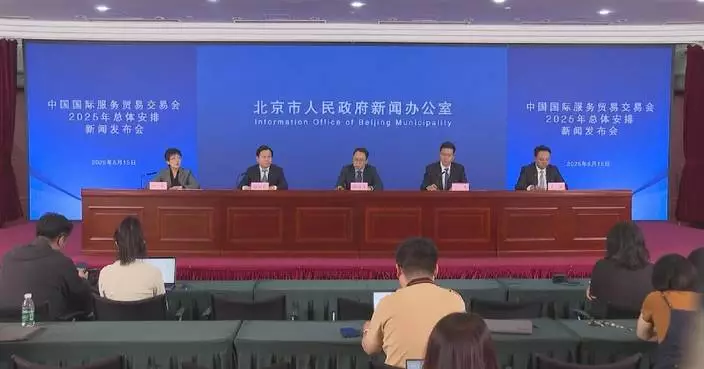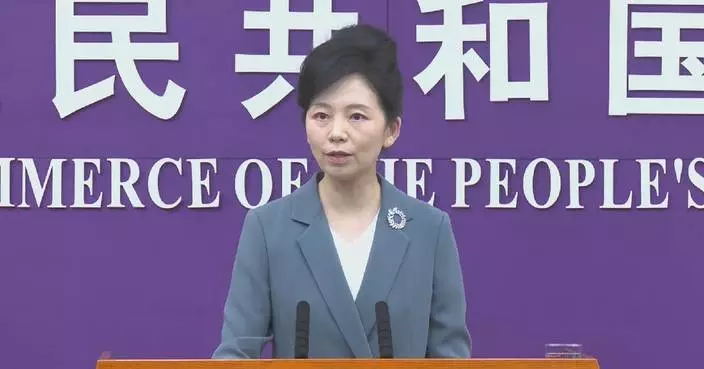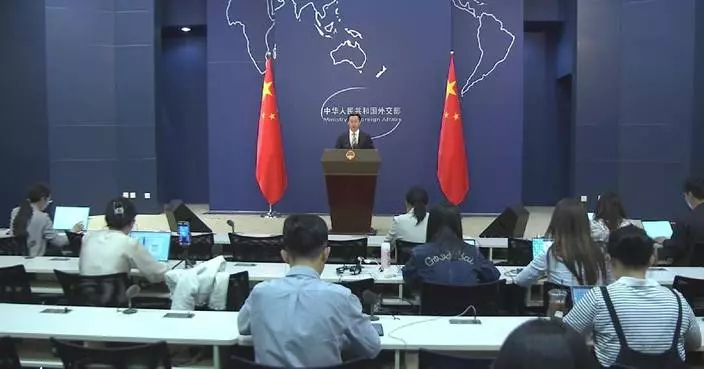China convened a United Nations Security Council (UNSC) informal meeting Wednesday on the impact of U.S. unilateral tariff hikes on international trade and economy, garnering support from participating nations.
Themed "The Impact of Unilateralism and Bullying Practices on International Relations", this was an Arria-formula meeting, an informal gatherings which enable council members to have a frank and private exchange of views. They are convened at the initiative of a member or members of the Security Council in order to hear the views of individuals, organizations or institutions on matters within the competence of the Security Council.
Fu Cong, China's Permanent Representative to the United Nations, hosted the meeting, with over 80 countries participating, and Jeffrey Sachs, professor from Columbia University, and Wang Huiyao, president of the Center for China and Globalization shared briefings.
During his opening remarks, Fu iterated the severe impact of the universal unilateral tariffs imposed by the United States. The tariff abuse infringes upon the legitimate rights and interests of all U.S. trading partners, violates the WTO rules, and disrupts the global economic order. It is essentially about subverting the existing international economic and trade order by means of tariffs, putting U.S. interests above the common good of the international community, and advancing the hegemonic ambitions of the U.S. at the cost of the legitimate interests of all countries.
"The world once again finds itself at a crucial crossroads. Should we firmly advocate multilateralism, or should we allow unilateralism to spread unchecked? Should we promote democracy in international relations, or should we condone power politics? Should we abide by international law and the basic rules governing international relations, or should we return to the law of the jungle, where the strong prey on the weak? On these major issues concerning the fundamental interests of all countries and the future of mankind, the international community must make the right choice, make its unified voice heard, and take joint actions," said Fu.
Fu also highlighted that China's countermeasures against the unilateral acts of the United States aim not only to protect China's own legitimate rights and interests, but also to guard the common interest of international society as well as fairness and justice of the world. If the United States truly wants to settle the issue through dialogue and negotiation, it should act with respect on the basis of equality and mutual benefit, instead of exerting maximum intimidation, threatening and blackmailing China.
Delegations from developing countries echoed Fu's words, stressing that the U.S. bullying practices have been a major threat to the developing world, which are among the most vulnerable groups to suppression, and appealing for a fair and predicable multilateral trade order.
"The imposition of arbitrary unilateral measures, including the weaponization of trade through tariffs and sanctions under questionable pretexts, destabilizes the global economy and disrupts the multilateral trading system, exacerbating existing inequalities within a system that already struggles to achieve an equitable distribution of wealth, and can fuel social instability, creating conditions that undermine international peace and security. For developing countries like Bolivia, we are often the most vulnerable to these deeds," said the representative of Bolivia.
"The policy of the unilateral coercive measures that the U.S. government has embraced for so long aims to coerce and subordinate nations from the developing world for the sake of both preserving and advancing their narrow agendas of domination, and their selfish neocolonial and geostrategic interests," said the representative from Venezuela.
In addition, the abusive tariffs have disrupted the international supply chain and lifted consumer prices across the world, infringing common interests, noted a representative from Denmark.
"The international community must also come together to preserve the openness of the international trading system. Global trade has been a pathway to shared prosperity and stability. The expanded use of tariffs has significant negative effects on the global economy, raised prices for consumers, and disrupted international supply chains," said the representative.

China holds UNSC Arria-Formula meeting on US unilateral tariffs


